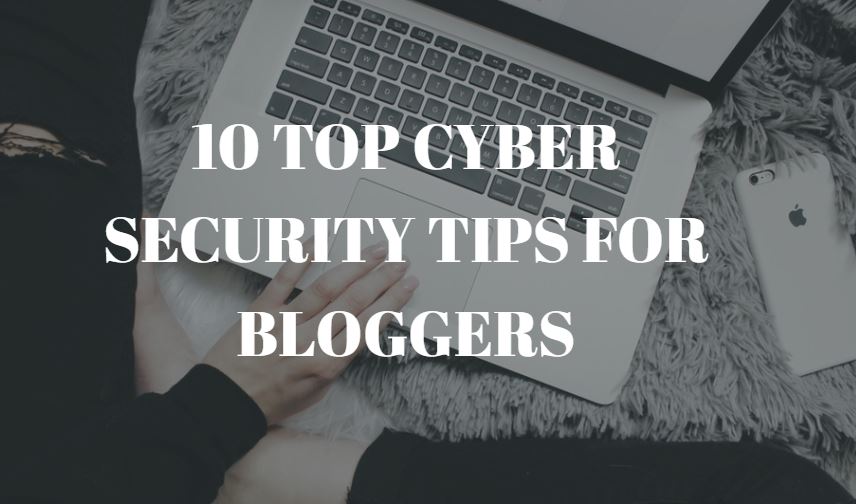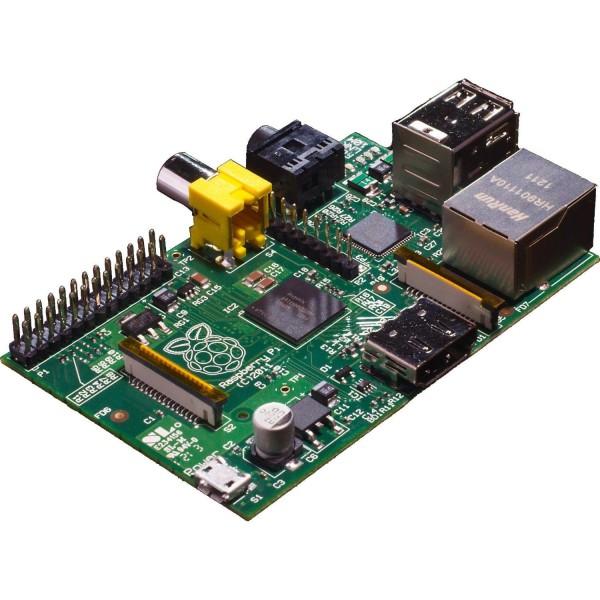10 Top Cyber Security Tips for Bloggers
Blogging is a huge part of the online world. For many people around the world, it is either a primary or a secondary source of revenue that supports their livelihood. Others write simply out of passion. Regardless of your motivation, blogging takes time and dedication. It is therefore shocking to see the cavalier attitude with which many bloggers approach their blog security.
Mostly it is the assumption that attacks on their blogs is less than probable. This is a wrong assumption given the current rate at which hackers and plagiarists attack vulnerable blogs. Attacks include anything from malware infections to content theft and redirection of traffic.
Given the randomness with which cyber-attacks are carried out, your blog could easily be the next victim. It is time to ask yourself just how secure your blog is. This post will highlight 10 effective cyber security tips you should use to secure your blog.
-
Use strong, unique Passwords and change them frequently
If your site is hacked, the hackers could potentially use your password to gain access and lock you out of all your online accounts including email and bank accounts. To avoid this, use strong, unique password for every single online account you have. A reliable password manager service can help you keep track of them.
Strong passwords contain numbers, uppercase and lowercase letters, special symbols and are more than eight characters. They are also unique in that they do not contain any personal information such as birthdates, names or social security numbers. Make sure to change your passwords regularly.
-
Secure your login
You can secure your login in many ways. These include –
- Use 2-factor authentication – this is whereby a user has to provide login details for two different components, for example, it could be a password followed by a secret code. You can use the Google Authentication plugin.
- Rename your login URL – Hackers can brute force their way into your site if they know the direct URL of your login page. To restrict such unauthorized entry, you should rename your login URL for example from the default wp-login.php for WordPress blogs to something unique like
- Include a CAPTCHA on your login page to reduce the chance of a script/bot gaining access to your site.
- Limit the user login attempts by setting up a website lock down feature. Use the iThemes Security Plugin for WordPress sites.
- Use email as login instead of the more predictable usernames.
- Never choose “admin” as the username for your administrator account.
-
Backup your site regularly
No matter how secure your website is, something can go wrong. It may be attacked or there may be problems with your web host. Either way, to avoid losing all your content, regular offsite backups are necessary.
With a backup, you can easily restore your blog to a working state in the event something goes wrong. You can get a web-hosting package that offers regular automatic backups, a dedicated plugin that stores a copy of your data in your Google Drive, Dropbox or OneDrive account or do the backing up yourself. Whichever your choice, make sure you have at least two copies of your blog’ database at separate locations.
-
Regularly update your blogging platform, themes, and plugins to the latest versions
Hackers often exploit bugs that have already been fixed since most website owners cannot be bothered to update their software, themes, and plugins. Updates are supposed to fix bugs and they often have vital security patches. As such, it is important that you regularly check for updates since most companies will not even alert you of updates in good time.
-
Secure your blog with SSL Certificates
Getting an best SSL certificate for your website has numerous advantages. One is boosting your search engine rankings giving you a competitive edge over other blogs. The other is securing data transfer between the user browsers and the server.
There are plenty of options to choose from when it comes to SSL Certificates. Free SSL certificates from some web host providers are appealing to most bloggers. However, you should consider getting a cheap SSL certificate of RapidSSL or any other trusted Certificate Authority. A cheap SSL certificate will secure your blog, raise your Google SEO ranking and increase user’s trust all without hurting your budget.
Getting an SSL certificate is quick and easy. A Thawte SSL Certificate, for example, can be availed to you within minutes and at a cheap price.
-
Install dedicated security software on your blog
You first have to install a firewall on your computer. If your computer, which you use to connect to the admin area of your website, is compromised, your website could also be at risk. After securing your computer, you should also protect your blog with its own security software. This security software should scan your blog for malicious codes and spam, provide a firewall to block hacker attacks and malware infections and clean up after an infection.
-
Beware of Harmful Links
Beware of the images, embeds and other media you publish in your posts. It could be infected content. You should also beware of malvertising. This is the use of infected ads to perpetrate cybercrime on websites. Always verify the sources of all your media before publishing it and the legitimacy of ad networks before engaging in a deal with them.
-
Check your hosting provider’s security
Before choosing a hosting provider for your blog, make sure you properly research their security measures. You need to choose a host with adequate security measures to keep your blog safe and running smoothly. You should also check if the hosting provider provides technical support in case of a cyber-attack on your blog. You should also carefully vet a plugin before installing it on your blog and only install the trusted ones.
-
Limit user access and be careful when adding user accounts to your site
If you run a multi-author blog, you have to deal with multiple people accessing your admin panel. This could increase your blog’s vulnerability to security threats. Be careful when setting up new user accounts. Use plugins that force strong passwords and try limiting user access and functionalities. Additional users should only have access to functionalities essential to their job descriptions.
-
Be careful of what you share on your blog
You can start by using domain privacy when registering your domain. It is also wise to keep your blog’s email address separate from your personal one. Finally, be careful of what you share on your blog. Do not divulge personal information that can be used to harm you. Exposing the version number of your blogging platform is also a bad idea.
Conclusion
Hackers, spammers, and plagiarists are relentless in their quest to destroy, steal or take advantage of your blog. They roam the internet looking for vulnerabilities and security loopholes. As such, security should be a top priority for any blogger. You can use the above tips to protect your blog and keep cyber criminals at bay.



